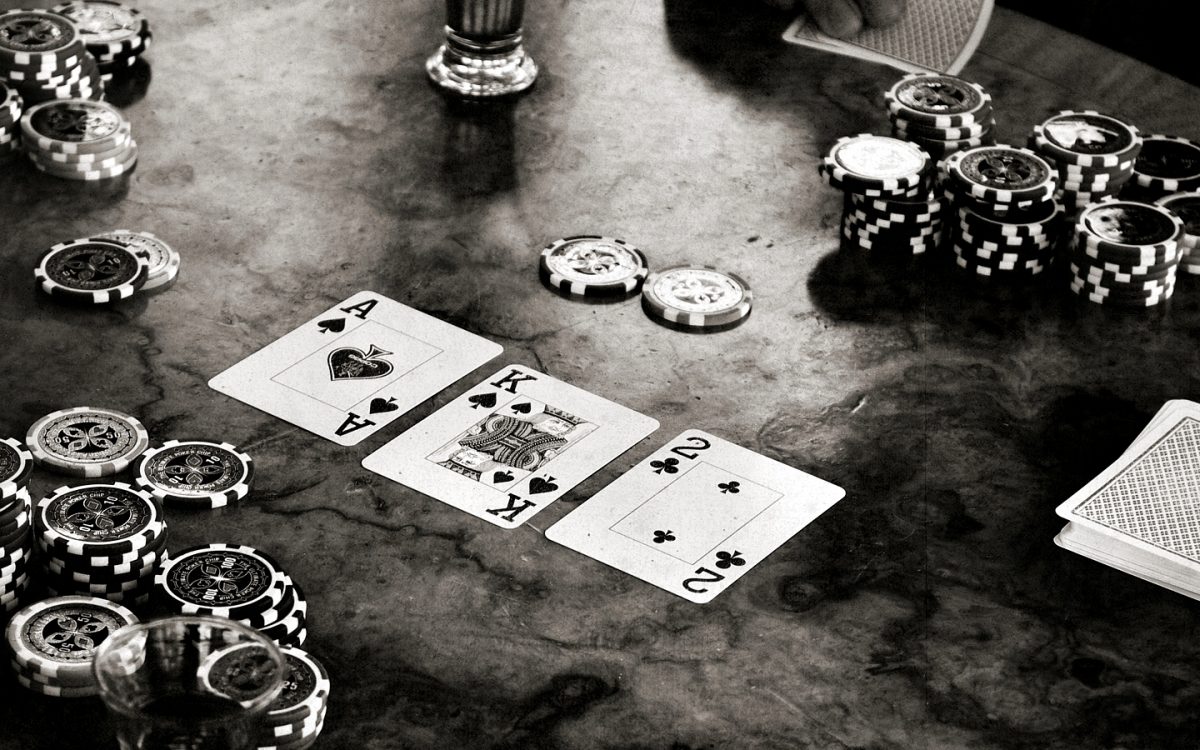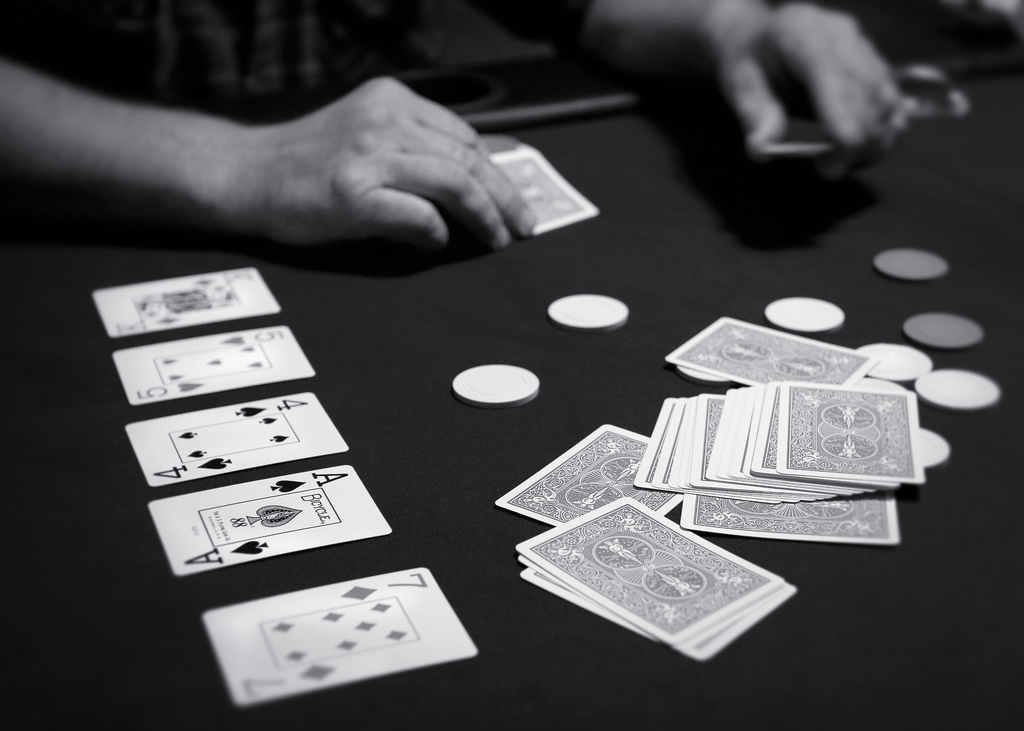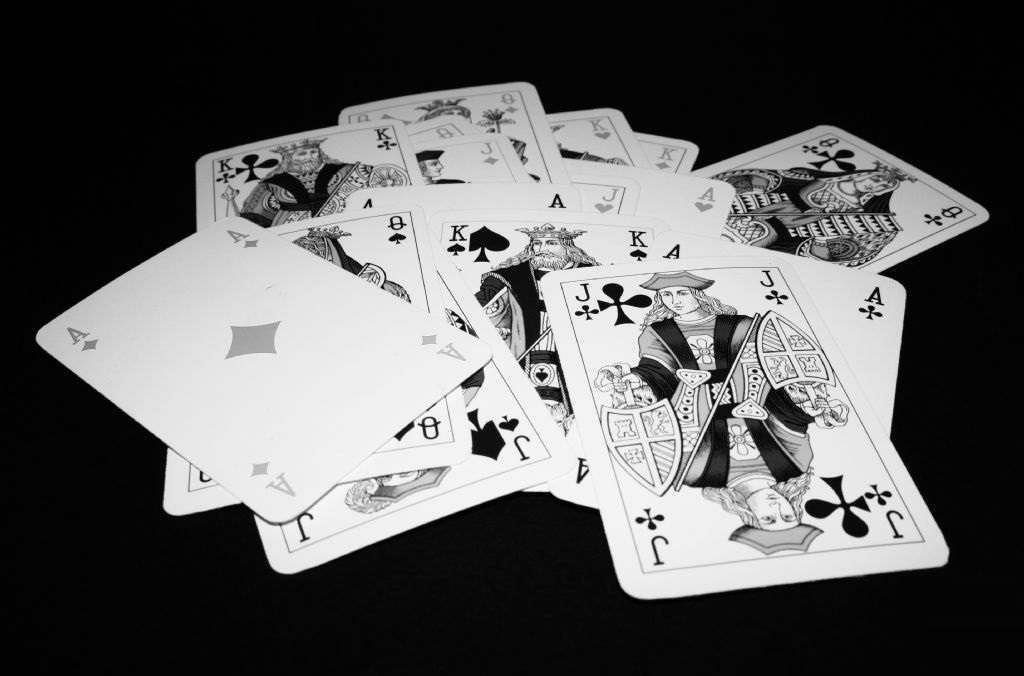
Telltales and poker: how does this work?
What is poker? First of all, it is a very gambling card game based on mathematics.The goal of the game is to get the best combination of your own and shared cards. The most popular variation of poker is “Texas Hold’em”, which involves from 2 to 10 players. The winner of the game is the player who manages to get the best combination of 2 own cards and 5 community cards that are on the table.
But, that’s not all.
Poker is a whole show put on by the players sitting around the card table. In a true, professional game, knowledge of psychology comes to the fore. People involved in the game resort to various tricks in order to maximize the benefits for themselves. Some of them are trying to show their strength and confidence, some of them are trying to show weakness. Except that it doesn’t mean that this is actually the case.
So, what are telltales and how do we learn to understand them correctly?

The concept of “telles”, when playing poker, includes a small but subtle change in the behavior of the opponent. Such changes allow competitors to read the opponent’s hand. Such observation gives a significant advantage to the player, but only if these changes are really unconscious, and not caused on purpose to mislead you. It is important to learn to notice such oddities, but they must be properly understood.
“Tells” can be unique to any particular player, or they can be similar for a whole group of people. Here are a few examples worth paying attention to:
- changes in facial expression or gaze,
- manipulation of cards or chips,
- excitement,
- rapid breathing,
- tapping,
- tilting in different directions, and more.
In general, learn to immediately notice any deviation from normal behavior on the part of your opponent.
Where are they used?

The basic rule of poker, by which telltales are used: weakness implies strength on the part of your opponent and vice versa. If your opponent has weak cards in his hand, he will try to dissuade you from continuing the game in any way possible. This can be in an aggressive manner, moving a large number of chips into the pot in a strong manner, or exerting verbal pressure on your opponent. If your opponent has strong cards, he will demonstrate his weakness as much as possible, so that you continue the game. This can take the form of lowering his eyes, studying his cards for a long time, being unsure, talking quietly at the table, and much more.
Example of use
Here’s a little example. We think many of you have noticed that it’s much easier to remember the value of cards than their suits. So we can conclude that if your opponent is re-checking his cards, he’s probably looking at their suits, and that leads us to the fact that he has different suits.
When playing online, opponents can give away the speed of their actions. This can be a long delay or on the contrary instant reaction. Therefore, in order not to make your competitors such gifts, try to perform all actions in equal time intervals.
